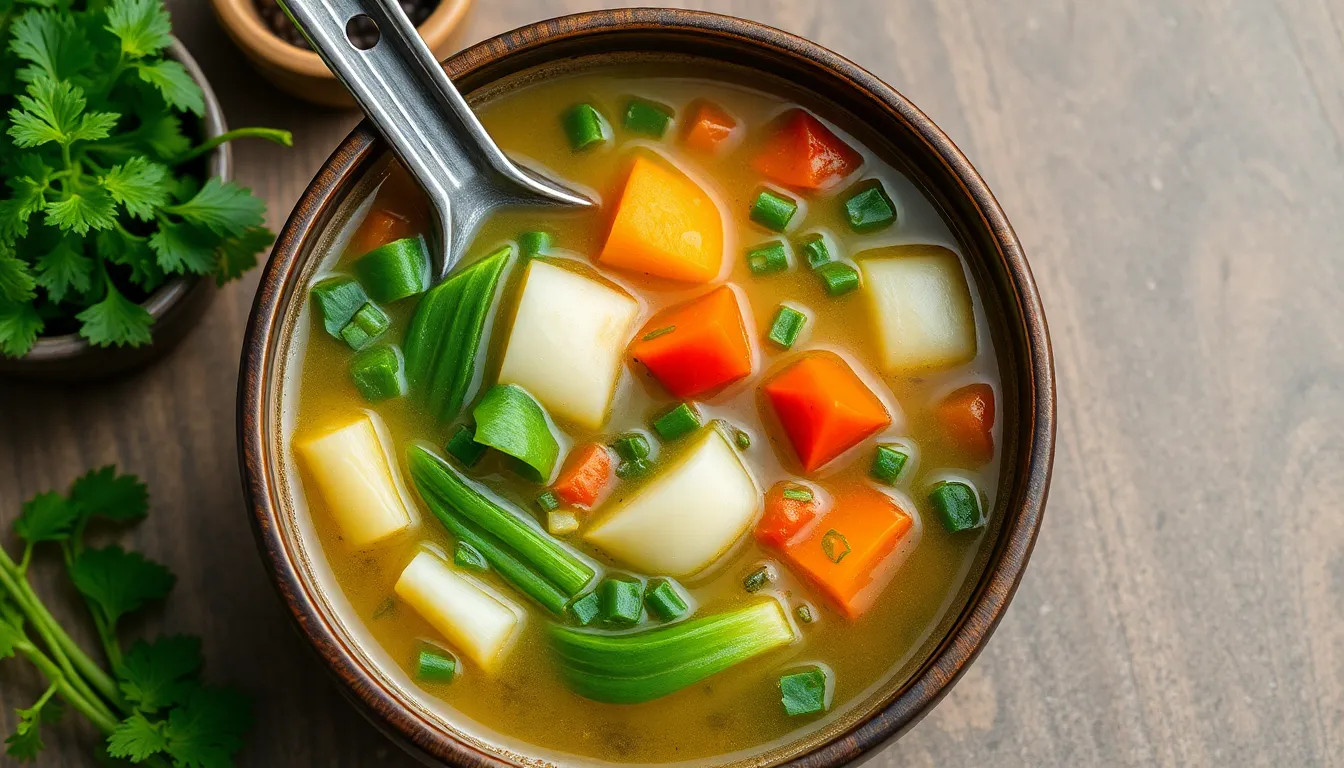A Beginner’s Guide to Perfectly Marinated Meats
Introduction
Marinating meats is a culinary technique that has been cherished for generations, and for good reason. It not only infuses meats with delightful flavors but also enhances their tenderness and moisture retention. For beginners, understanding the art of marination can elevate your cooking game, transforming simple cuts of meat into succulent, flavor-packed dishes. In this guide, we will explore the essential tips and techniques for marinating meats, ensuring that you achieve the perfect result every time.
Section 1: Understanding Marinades
1.1 What is a Marinade?
A marinade is a flavorful liquid in which meat is soaked before cooking. Its primary purpose is to add flavor, tenderize the meat, and help retain moisture during the cooking process. Marinades typically consist of three key components: acids, oils, and seasonings.
1.2 Types of Marinades
Acid-based Marinades
These marinades include ingredients like vinegar or citrus juices, which help break down proteins and enhance the meat’s flavor.
Enzyme-based Marinades
Fruits such as pineapple and papaya contain natural enzymes that tenderize meat effectively.
Dairy-based Marinades
Yogurt and buttermilk are excellent for marinating, as their lactic acid helps tenderize while adding a unique flavor.
Oil-based Marinades
Infused or flavored oils provide richness and help distribute seasonings evenly over the meat.
Section 2: Essential Ingredients for Marinades
2.1 Basic Components
- Acids: vinegar, citrus juices
- Oils: olive oil, sesame oil
- Flavorings: garlic, herbs, spices
- Sweeteners: honey, brown sugar
2.2 Suggested Combinations for Different Meats
Choosing the right marinade can depend on the type of meat you are using. Here are some suggested combinations:
| Meat Type | Acid | Oil | Flavorings |
|---|---|---|---|
| Chicken | Lemon Juice | Olive Oil | Garlic, Rosemary |
| Beef | Soy Sauce | Sesame Oil | Ginger, Brown Sugar |
| Pork | Apple Cider Vinegar | Avocado Oil | Thyme, Honey |
Section 3: Marinating Techniques
3.1 Time Guidelines
The amount of time you allow your meat to marinate is crucial for achieving the desired flavor and texture. Here are some recommended marinating times:
- Chicken: 30 minutes to 2 hours
- Beef: 2 to 24 hours
- Pork: 1 to 8 hours
3.2 Tools for Marinating
Having the right tools can simplify the marinating process:
- Ziplock Bags: Perfect for ensuring the marinade coats all surfaces of the meat.
- Glass or Stainless Steel Containers: Non-reactive containers that are great for marinating.
- Marinade Injectors: Ideal for infusing flavors deep into the meat.
Section 4: Best Practices for Marinating
4.1 Choosing the Right Container
When marinating, the choice of container is essential. Here are some tips:
- Use glass or stainless steel for acidic marinades to avoid reactions.
- Avoid aluminum containers, as they can react with acidic ingredients.
- Ensure the container is large enough to allow for even coating of the marinade.
4.2 Ensuring Even Coating
To achieve an even coat, follow these steps:
- Cut the meat into smaller pieces for faster absorption.
- Massage the marinade into the meat for better distribution.
- Turn the meat occasionally during the marinating process to ensure all sides are coated.
4.3 Safety Tips
Food safety is crucial when marinating. Keep these points in mind:
- Always marinate in the refrigerator to prevent bacterial growth.
- Do not reuse marinade that has come into contact with raw meat.
- If you want to use the marinade as a sauce, reserve a portion before adding the meat.
Section 5: Cooking Marinated Meats
5.1 Cooking Methods
Different cooking methods can yield various results when using marinated meats:
- Grilling: Adds a smoky flavor and charred texture.
- Baking: Excellent for ensuring even cooking and moisture retention.
- Sautéing: Quick cooking method that retains flavor while browning the meat.
5.2 Knowing When to Stop Marinating
Over-marinating can lead to an undesirable texture. Here are signs it’s time to stop:
- Texture becomes mushy, especially with enzyme-based marinades.
- Flavor becomes too intense or overpowering.
Conclusion
Marinating meats is a fantastic way to enhance their flavor and tenderness. By understanding the different types of marinades, essential ingredients, and best practices, even beginners can create mouthwatering dishes that impress family and friends. With a little practice and experimentation, you’ll soon find your signature marinade that will elevate your cooking to new heights. Happy cooking!




